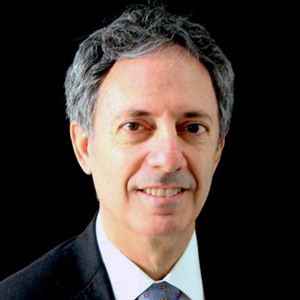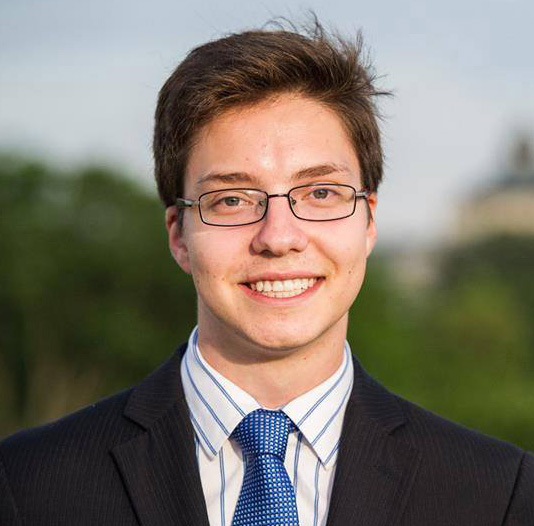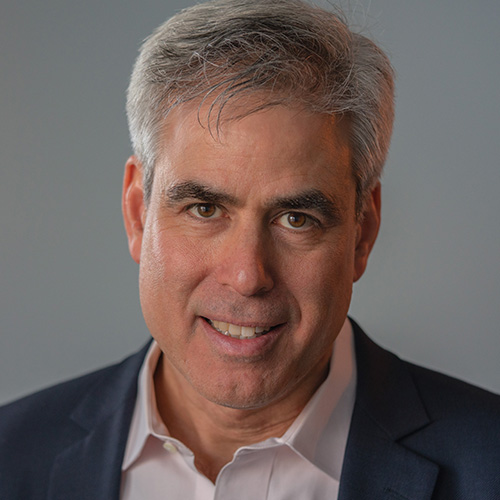No institution of public life touches American Jews more than American colleges and universities. There are more Jews that pass through these institutions of higher education than through synagogues, summer camps, or youth groups. So the American Jewish community has a deep interest in what happens there.
And on campuses today, inside and outside of the classroom, there is much for the American Jewish community to worry about. Israel and Jewish national pride are ridiculed or scorned. Traditional Jewish ideas about family and faith are seen as obsolete or primitive. Anti-Semitism haunts the campus.
What has been the response of Jewish institutions on campus, from the non-denominational to the orthodox? How should Jewish family members be thinking about equipping their children and grandchildren to survive the university years with their Jewish commitments in tact? And how do the unique challenges that Jewish students face relate to the larger crisis of the liberal arts, the rule of law, and the freedom of speech on campuses throughout the country?
Join Hoover Institution Senior Fellow, renowned teacher, and regular writer on campus issues, Peter Berkowitz, along with recent Stanford University graduate and current Wall Street Journal writer Elliot Kaufmann, as well as bestselling author and renowned public intellectual Jonathan Haidt for a look at one of the most consequential environments for the future of American Jewry.

Peter Berkowitz
Peter Berkowitz is the Tad and Dianne Taube Senior Fellow at the Hoover Institution, Stanford University. He studies and writes about, among other things, constitutional government, conservatism and progressivism in America, liberal education, national security and law, and Middle East politics. Awarded the Bradley Prize in 2017, he has written hundreds of essays, articles, and reviews on many subjects for a variety of publications, including American Political Science Review, The Atlantic, The Boston Globe, The Chronicle of Higher Education, Commentary, Haaretz, The Jerusalem Post, The London Review of Books, National Review, The New Republic, The New York Post,The New York Sun, Policy Review, The Public Interest, Real Clear Politics, The Times Literary Supplement, The Wall Street Journal, The Washington Post, The Weekly Standard, The Wilson Quarterly, and The Yale Law Journal. His most recent book is Constitutional Conservatism, published in 2013 by the Hoover Institution Press.
He holds a JD and a PhD in political science from Yale University, an MA in philosophy from the Hebrew University of Jerusalem, and a BA in English literature from Swarthmore College.

Elliot Kaufman
Elliot Kaufman is the inaugural Joseph Rago Memorial Fellow at The Wall Street Journal Editorial Page. In addition to the Journal, his writing has appeared online for National Review, and in print for Commentary, for which he wrote a cover story on campus intersectionality and the Jews. Elliot has previously worked for National Review, the Stanford alumni magazine and the Stanford Men’s Basketball Team, and is a graduate of several Tikvah Fund fellowships, the Hertog Foundation’s political studies program, and Stanford University. Elliot hails from Toronto, Canada.


